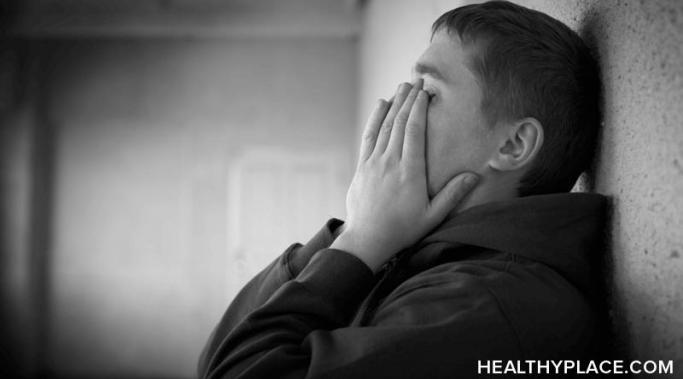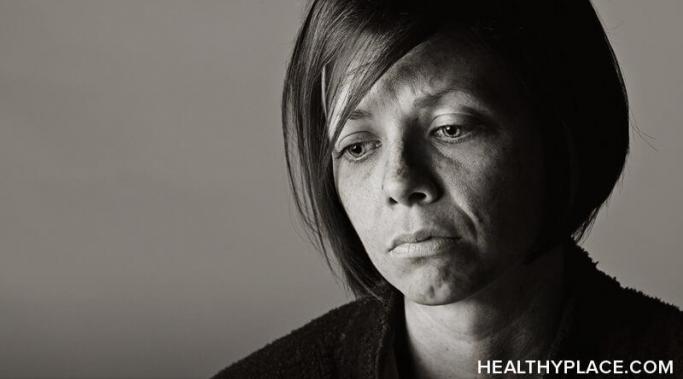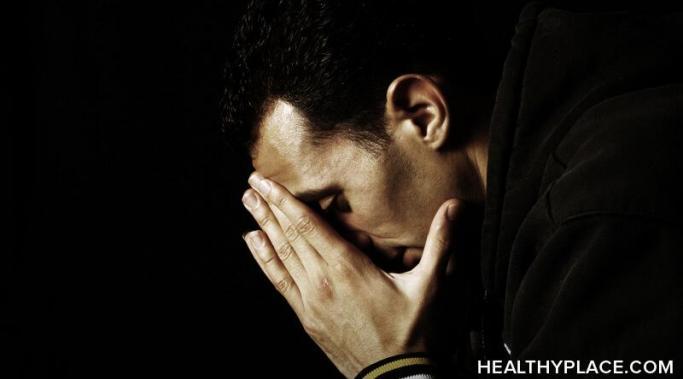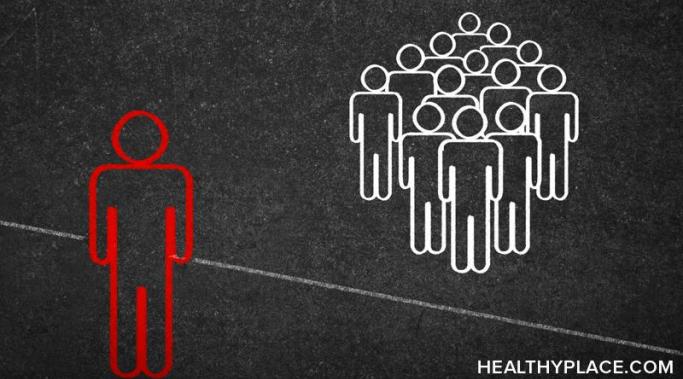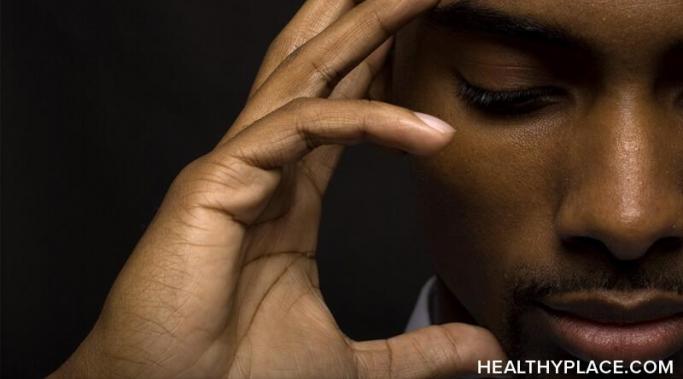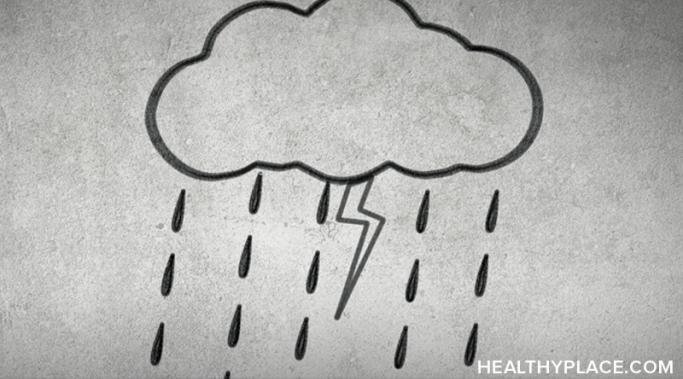My psychopharmacologist of almost 20 years is retiring, and I have to find someone new to treat my schizoaffective disorder. Lisa (not her real name) is terrific. She’s the one who re-diagnosed me as schizoaffective, bipolar type, instead of as schizophrenic. This was really helpful because mood stabilizers have proven key in helping with the schizoaffective voices I hear.
Schizophrenia Treatment
I’ve been taking ballet classes online as a way to get exercise without going out into the cold--or into a world contaminated with the COVID-19 virus. Here’s how ballet is affecting my schizoaffective anxiety.
Exercise really helps my schizoaffective disorder, particularly my anxiety. In the past, I've found it hard to exercise in the brutal Chicago winter weather. I’ve now found a way to exercise without even leaving my apartment building that I’d like to share with you.
It's 3:00 a.m. and I can't sleep. I'm sitting in the commons area of an eerily quiet psychiatric hospitalization unit while I recover from a relatively severe psychotic break. I wasn't going to blog this week because, well, the obvious. On top of that, all I have is pen and paper, no Internet access. But my wife still managed to post this week despite taking me to the hospital and picking up the slack in my absence. It is good to emulate one's heroes and I can think of no greater hero than my wife. I just wish I were a little more like her. But I have to remember that psychiatric hospitalization does not denote weakness.
My current lack of exercise is hurting my mental health. As I write this, it’s the end of February with no end in sight to a particularly brutal Chicago winter. We’ve been pummeled with snowstorms and numbing cold almost daily. I know I need to get outside and walk or do some kind of exercise, but when I look outside at the l drab and gray landscape and the snow keeps falling from the thick blanket of clouds over the sky, I just can’t find the motivation. And this lack of exercise is having a very negative impact on my mental health.
Negative symptoms of schizophrenia offer a harsh reality for me. I noticed a change in my ability to feel emotion shortly after I began exhibiting symptoms of schizophrenia but long before formal diagnosis. I was well acquainted with feelings of depression and anxiety related to surviving child sexual abuse, but this was different. I lost interest in activities I formerly enjoyed, I no longer felt like associating with others and I felt a tremendous sense of indifference towards life in general. I was experiencing negative symptoms of schizophrenia.
Sometimes, I expect myself to just snap out of it: it being my schizoaffective anxiety. This is problematic for several reasons. First, it reeks of self-stigma—to the point where I would say it is a form of self-stigma. What’s even worse, it can block me from doing the necessary hard work in therapy to get better.
The stigma against schizophrenia caused me to be dishonest. When I transferred from the Rhode Island School of Design (RISD) to The School of the Art Institute of Chicago (SAIC), everyone wanted to know why. This puzzled me because it was obvious that SAIC is a top art school by global standards. Still, I wouldn’t have transferred if I hadn’t had a schizoaffective psychotic episode, but I couldn’t tell people that because of the stigma against schizophrenia.
Dealing with schizoaffective anxiety is important to me because anxiety has taken so much away from me. I'm afraid to do so many simple things, like driving in the rain or washing my hair. There are other things I can't do because I have anxiety--I used to be a voracious reader but now I'm so restless I can't get lost in a good book anymore. However, my husband Tom and I have come up with a strategy based on my cognitive behavioral therapy (CBT) homework that I'm hoping will help in dealing with schizoaffective anxiety, and maybe it can help you, too.
Yesterday, I forced myself to drive in the rain. My schizoaffective anxiety makes me afraid to drive in the rain. I know a lot of people don't like driving in bad weather. But, for me, the dislike is a lot more intense. I didn't have a problem with it until my schizoaffective anxiety got really bad. And then, yesterday, I made myself drive in the rain. Here's what came of that.



